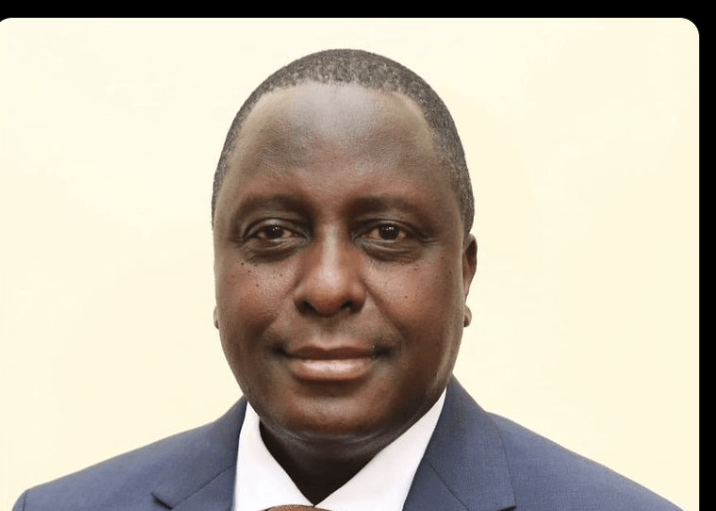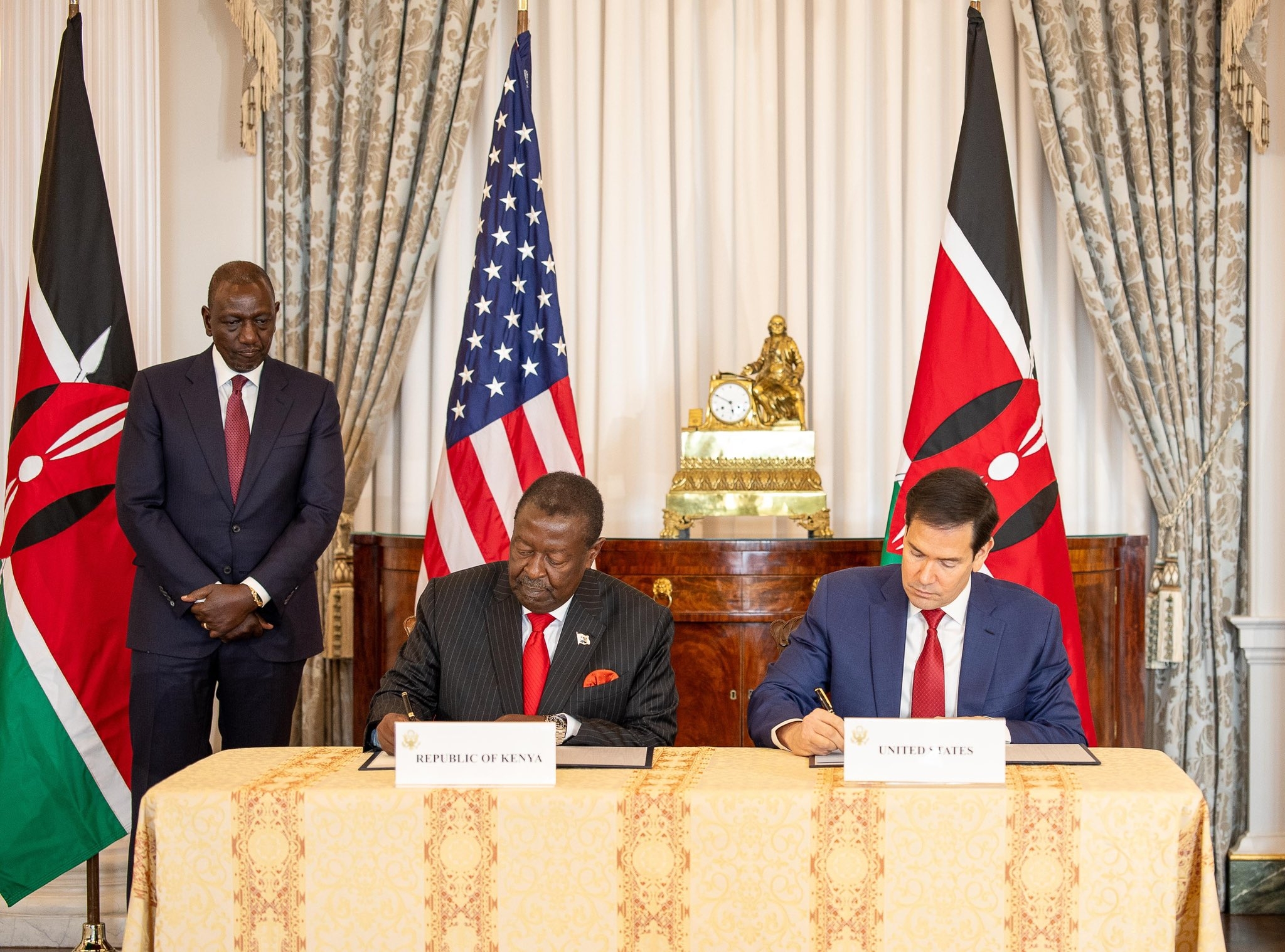As the world observed the 5th annual Neglected Tropical Diseases Day yesterday, it was notable that Africa’s commitment and progress in combating these devastating forgotten diseases is one of its greatest achievements.
According to the World Health Organisation, out of the 50 countries globally that have eliminated at least one neglected tropical disease (NTD) as a public health problem, 21 are in Africa.
NTDs, a set of 21 preventable and treatable conditions, affect more than a billion people worldwide, with Africa bearing nearly 40 per cent of the global burden.
These diseases cause loss of life, severe pain, disabilities, disfigurement, malnutrition and stunted growth. Among them are bilharzia, elephantiasis, mycetoma, leprosy, river blindness, sleeping sickness, Guinea worm disease and kala-azar.
“What NTDs have in common is that they don’t feature enough on the global health agenda and receive little funding,” said Monique Wasunna, the Africa Ambassador for the Drugs for Neglected Diseases initiative and an infectious disease specialist.
“They have historically been ignored by pharmaceutical research because drug development today is primarily skewed to areas with the greatest commercial return rather than those with the greatest public health needs.”
They have historically been ignored by pharmaceutical research because drug development today is primarily skewed to areas with the greatest commercial return rather than those with the greatest public health needs
SIGNIFICANT PROGRESS
Despite not garnering sufficient global health attention, Africa has made significant progress in the fight against NTDs.
“In 2022, Togo became the first country globally to receive WHO certification for eliminating four NTDs, namely: Guinea-worm disease, elephantiasis, sleeping sickness and trachoma,” said Wasunna, who has been working in the sector for more than 20 years.
“In the same year, Malawi also eliminated trachoma, while the Democratic Republic of the Congo eliminated Guinea-worm disease and Rwanda and Uganda eliminated sleeping sickness.”
Africa made further progress last year, when Benin eliminated trachoma and Ghana achieved a significant milestone by eliminating sleeping sickness, bringing each country’s total to three eliminated diseases. Other nations making noteworthy progress include Mali, Malawi, Cote d’Ivoire, Gambia and Kenya.
Kenya has already eliminated guinea worm disease and is currently working to present documents to WHO to have the country declared free from sleeping sickness. Kenya also hopes to be visceral leishmaniasis (kala-azar)-free by 2030.
“We have made remarkable progress against visceral leishmaniasis,” said Chege Kimani, the medical superintendent at Kacheliba Hospital in Kacheliba, West Pokot county. “I believe elimination is possible by 2030.”
CHANGING THE NARRATIVE
Over the past year, the hospital has treated more than 650 people diagnosed with this fatal neglected disease, the largest parasitic killer after malaria. It is transmitted by female sandflies and causes fever, weight loss, spleen and liver enlargement, and, if not treated, death.
“We have been conducting awareness campaigns and also active case searches in the communities,” Kimani said.
“We also have better diagnostic tools and new treatments are in the pipeline, including an all-oral drug that will hopefully dispense with the need for hospitalisation.”
Regionally, treatment has been brought closer to communities by establishing an additional leishmaniasis treatment facility in Sigor.
“This means we can respond effectively to outbreaks and guarantee access to treatment to everyone,” Kimani said.
Collectively, Africa is also demonstrating leadership, committing to ending NTDs by 2030 through the African Union.
Sierra Leonean President Julius Bio noted this at a forum hosted by the Global Health Initiative, Reaching the Last Mile, during COP28 in Dubai last December.
“There is clarity of vision as well as growing demand and energy in Africa to see the continent free of NTDs,” he said.
“Political commitment has been sustained and energised through the Kigali Declaration, and through the Continental Framework and Common Africa Position on NTDs.
“Neglected tropical diseases cause suffering to millions, and we simply cannot afford to neglect them any longer.”
LEADING SCIENTISTS
On the frontlines are African scientists, clinicians and communities who have spearheaded the critical mission of finding innovative treatments for neglected diseases that disproportionately affect the region. These have resulted in the development of treatments for some of these diseases.
Some of the scientists include:
AHMED FAHAL: A Sudanese professor of surgery at the University of Khartoum, who specialises in mycetoma, one of the most neglected diseases in the world.
Fahal founded the Mycetoma Research Centre at the University of Khartoum in 1991 and today, the centre is recognised globally as a world leader and authoritative source of advice on mycetoma management and research.
In 2015, WHO designated it as a Collaborating Centre. The MRC treats mycetoma patients mainly from rural Sudan but also from several other countries, including Chad and Yemen.
VICTOR KUMESU: Known as the father of sleeping sickness, this Congolese doctor has spent 40 years working to combat sleeping sickness and led clinical trials for fexinidazole, the first oral-only drug that is expected to accelerate the elimination of the disease in sub-Saharan Africa.
As the former director of the DRC’s sleeping sickness programme, Kande spent decades treating patients with sleeping sickness when the only available drug was melarsoprol, an older, arsenic-based medicine that kills one in every 20 patients.
MONIQUE WASUNNA: The Kenyan-based Ugandan-born physician, infectious disease and tropical medicine specialist was the Eastern Africa director for the Drugs for Neglected Diseases initiative from 2003 to 2023 and now serves as the organisation's Africa Ambassador.
In 2020, she was awarded the National Order of Merit (Officier de l’ordre national du mérite) by the government of France in recognition of her exemplary research on neglected tropical diseases and advocacy for better treatments for neglected patients in Africa.
MWELE MALECELA: Malecela, a Tanzanian, served as the director of the Department of Control of Neglected Tropical Diseases at the World Health Organisation from 2018 until her death in February 2022. Her short time as director of the Department of Control of Neglected Tropical Diseases culminated most notably in the development of the new NTD roadmap for 2021-30.
Kimani says collaboration and teamwork are key to the eradication of neglected diseases.
"It is important that we work together to form partnerships, invest in sustainable financing for medical research and programmes, and continue to develop and make accessible new treatments,” he said.
"By doing so, we can reach the global targets and milestones set by the WHO roadmap, and by 2030, we can finally eliminate NTDs.”

















